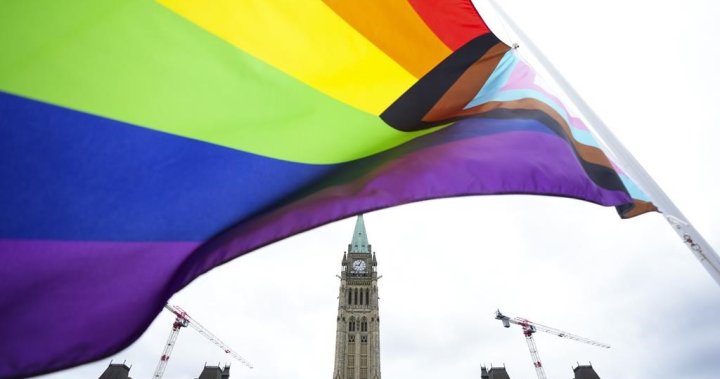Canada’s national intelligence agency has issued a warning about potential violence against the LGBTQ2 community, specifically at crowded or unsecured Pride events and LGBTQ2 venues. This warning comes in the wake of increased anti-LGBTQ2 rhetoric and incitements online, as well as a recent stabbing at the University of Waterloo that was motivated by hate related to gender expression and identity. The Canadian Security Intelligence Service (CSIS) has assessed that the anti-gender movement poses a significant threat, which could lead to violent acts against LGBTQ2 individuals. The U.S. government has also issued a worldwide travel advisory about threats of potential violence against the LGBTQ2 community.
The warning issued by CSIS highlights that violent threats against the LGBTQ2 community have informed the agency’s assessment of the national terrorism threat level, which is currently set to medium. Extremist influencers continue to spread anti-LGBTQ2 rhetoric, threats, and incitements online, potentially inspiring lone actors to target Pride events and LGBTQ2 venues. The U.S. Department of State also issued an advisory about the increased risk of terrorist organization-inspired violence against LGBTQ2 individuals and events, particularly during Pride celebrations in June.
Canada has not issued a similar global travel warning, but it provides guidance for LGBTQ2 travellers who may face barriers and risks while traveling outside the country. The government stands up for the protection and promotion of human rights for LGBTQ2 individuals globally. Canada has allocated funding to support Pride events, combat anti-LGBTQ2 hate, and enhance security measures for LGBTQ2 communities. The government is committed to addressing the safety and security needs of LGBTQ2 individuals, particularly during Pride events across the country.
CSIS’s annual report identifies the anti-gender movement as a form of ideologically motivated violent extremism that poses a threat to LGBTQ2 communities. The report notes that while the movement collectively holds extreme views, only a small percentage of adherents may engage in serious violence. The spread of anti-LGBTQ2 rhetoric online among domestic adherents of religiously motivated violent extremism increases the risk of extremist violence against LGBTQ2 communities. Last year, Canada saw an increase in arrests related to crimes driven by religiously motivated violent extremism.
Pride organizers are taking proactive measures to ensure the safety of participants at Pride events, particularly in smaller towns and rural cities where access to security funding may be limited. Safety planning meetings are being held to address potential protests and ensure that staff, volunteers, and participants feel protected. Despite the threats of violence, organizers believe that showing strength in numbers and solidarity among the LGBTQ2 community and their allies is crucial in countering anti-LGBTQ2 hate. Advocacy for LGBTQ2 individuals from cisgender allies is seen as essential in addressing the ongoing challenges faced by the community.


